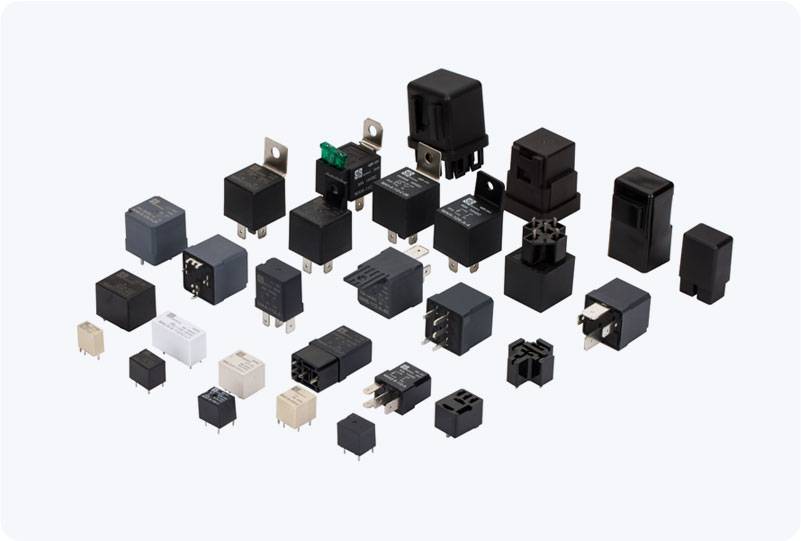A Current Overload Relay is a crucial component in the electrical industry, especially in the protection of motors and electrical circuits. This device is designed to safeguard motors and other electrical equipment from damage caused by overcurrent situations. In many industrial applications, electrical overloads are one of the most common causes of equipment failure, making the overload relay a necessary device to ensure longevity and safety.

What is a Current Overload Relay? A Current Overload Relay (COR) is a protective device used to monitor the current flowing through an electrical circuit, particularly to protect motors and other sensitive electrical equipment from excessive current. When the current exceeds a preset threshold, indicating that the motor or equipment is at risk of overheating or damage, the relay disconnects the power supply, preventing further harm. The overload relay operates based on the principle of detecting excess current flow. The device is typically connected in series with the load, such as an electric motor, and has the ability to monitor and respond to any abnormal increase in current. Overload conditions may arise due to mechanical failure, voltage fluctuations, or improper motor load. The relay ensures that these situations are detected quickly to protect the system.